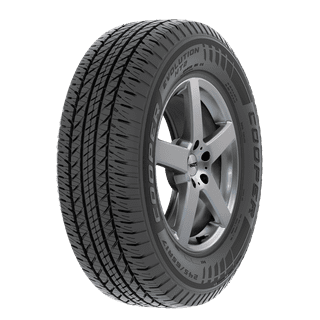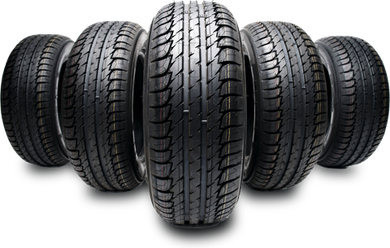Tire Solution: The Influence of Weather
When it pertains to ensuring ideal efficiency and safety when driving, recognizing the impact of weather on tire service is vital. From scorching heat to icy roads, each weather condition component can significantly influence tire capability and total driving experience. By delving into the impacts of differing weather on tires, motorists can gain beneficial insights that might boost their vehicle's performance and durability. In this conversation, we will certainly discover the detailed partnership between weather conditions and tire service, dropping light on the value of weather-specific tire upkeep techniques and factors to consider.
Warmth and Tire Efficiency
When subjected to high temperature levels, tires experience modifications in performance that can significantly impact lorry safety and security and handling. The warmth produced from prolonged driving or hot climate problems triggers the tire rubber to soften, resulting in reduced step life and raised wear. As the rubber ends up being softer, the tire's hold when traveling lessens, influencing braking distances and total traction. In extreme instances, extreme heat can also trigger tire blowouts, posing an extreme security risk to the lorry and its passengers.
Moreover, heats can accelerate the procedure of tire aging, causing the rubber to wear away quicker. This can lead to splits, bulges, and various other forms of damages that compromise the architectural honesty of the tire. To reduce the results of heat on tire efficiency, drivers must routinely examine their tire stress, rotate tires to make certain even use, and evaluate for any kind of indicators of damage. Furthermore, making use of tires specifically created to withstand high temperatures can assist keep optimal performance and safety and security on the road.
Winter Effects
Winter conditions can have a considerable effect on tire performance and security. As temperatures decrease, tire rubber can solidify, resulting in lowered traction on icy or snow-covered roads. In chilly climate, tires might also lose atmospheric pressure more rapidly, which can influence taking care of and gas performance. In addition, chilly temperatures can trigger tire sidewalls to stiffen, increasing the danger of damages from potholes or various other roadway dangers.
To alleviate the effects of cool weather condition on tires, it is important to frequently check tire stress and inflate them to the producer's recommended degrees. Using winter months or all-season tires created for winter conditions can also enhance traction and hold on icy or snowy roads - morris tire and alignment. Proper tire upkeep, including normal evaluations for wear and damages, becomes much more critical throughout colder months to make sure optimal performance and safety and security
Rainy Conditions Influence
Throughout rainy problems, tire efficiency and safety and security can be dramatically affected by the damp road surfaces and reduced exposure. The step pattern of tires plays an essential role in keeping grip on wet roads. Tires helpful hints with worn-out footsteps are extra vulnerable to hydroplaning, where a layer of water accumulates in between the tire and the roadway surface, leading to loss of grip. To fight this, motorists ought to frequently examine their tires for adequate step deepness and think about buying tires especially created for wet conditions.

Snow and Tire Safety And Security
Snow-covered roads position one-of-a-kind difficulties for vehicle drivers, highlighting the importance of appropriate tire option and maintenance. When driving in snowy conditions, having the appropriate tires can make a considerable distinction in safety and security and performance. Wintertime tires are designed with special rubber substances website link and step patterns to offer much better grip on snow and ice compared to all-season tires. The deeper treads and sipes of wintertime tires assist grasp the roadway better, minimizing the threat of moving and slipping.
Along with utilizing winter months tires, it is crucial to ensure they are correctly pumped up. Cold weather condition can create tire stress to go down, influencing grip and handling (discount tires morris il). Regularly checking and maintaining the correct tire pressure is important for optimum efficiency in snowy problems

Weather-Related Tire Maintenance
Weather-related tire upkeep incorporates an array of methods aimed at making certain optimum tire function and longevity in various weather condition scenarios. One vital element of weather-related tire maintenance is tire stress guideline. Examining tire step on a regular basis and replacing tires when step wear gets to a certain deepness is important for maintaining grip and stability in damaging weather.
Final Thought
Finally, climate condition have a significant influence on tire efficiency and safety. From heat impacting tire pressure and put on to winter minimizing traction, it is crucial to think about the climate when preserving and making use of tires. Rainy problems can decrease hold and bring about hydroplaning, while snow can enhance the threat of accidents if tires are not appropriately equipped. Weather-related tire maintenance is critical in making sure optimum performance and security on the roadways.
In this conversation, we will certainly discover the elaborate connection in between climate problems and tire solution, losing light on the importance of weather-specific tire maintenance practices and considerations.
